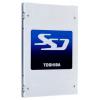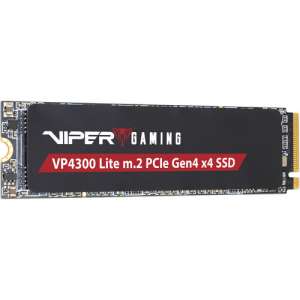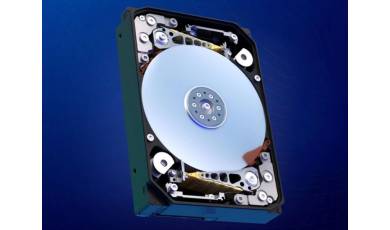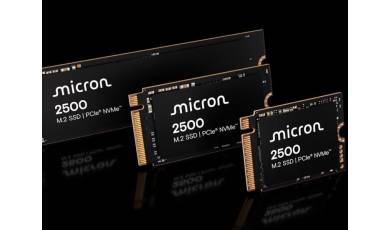Patriot 4TB VP4300 Lite NVMe PCIe 4.0 M.2 VP4300L4TBM28H specs.
SSD Specs >> Patriot >> Patriot 4TB VP4300 Lite NVMe PCIe 4.0 M.2 VP4300L4TBM28H| Specifications | | | Reviews |
General Specs Patriot 4TB VP4300 Lite NVMe PCIe 4.0 M.2 VP4300L4TBM28H
Storage Capacity:
4 TB PCIe 4.0 x4 M.2 2280 SSD
Read Speed:
Sequential: 7400 MB/s
Write Speed:
Sequential: 6000 MB/s
Read Speed:
Sequential: 7400 MB/s
Write Speed:
Sequential: 6000 MB/s
Reliability / Data Integrity Patriot 4TB VP4300 Lite NVMe PCIe 4.0 M.2 VP4300L4TBM28H
Endurance (Total Bytes Written):
2000 TB
Environmental Patriot 4TB VP4300 Lite NVMe PCIe 4.0 M.2 VP4300L4TBM28H
Operating Temperature:
32 to 158°F / 0 to 70°C
General Patriot 4TB VP4300 Lite NVMe PCIe 4.0 M.2 VP4300L4TBM28H
Certifications:
CE, FCC, UKCA, BSMI, RoHS
Dimensions:
3.15 x 0.87 x 0.15" / 80.01 x 22.1 x 3.81 mm
Weight:
0.3 oz / 9 g
Reviews, Questions about Patriot 4TB VP4300 Lite NVMe PCIe 4.0 M.2 VP4300L4TBM28H
Write Review / Ask a question about Patriot 4TB VP4300 Lite NVMe PCIe 4.0 M.2 VP4300L4TBM28H
Popular today
Line: THNSNJ GCSU; Type: SSD; Support sectors 4K: yes; The type of flash memory: MLC; The purpose: laptop; Form factor HDD: 2.5"; Volume: 128 GB; Connection: SATA 6Gb/s; External data transfer ra...
Ruler: SSD Series PM841; Type: SSD; Support 4K: yes; Purpose: laptop; Form factor HDD: 2.5"; Volume: 128 GB; Connection: SATA 6Gb/s; External data transfer rate: 600 MB/s; MTBF: 1500000 h; Power ...








